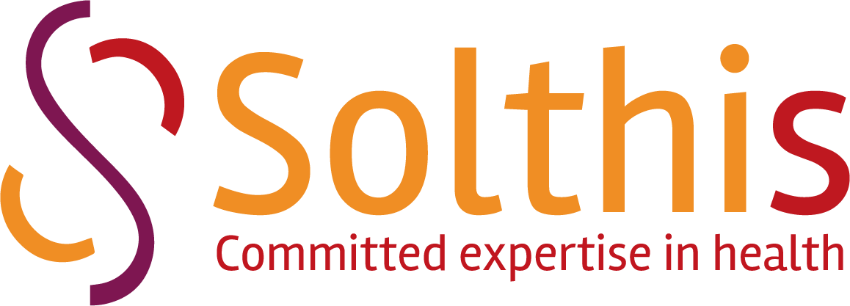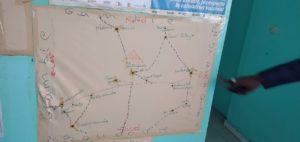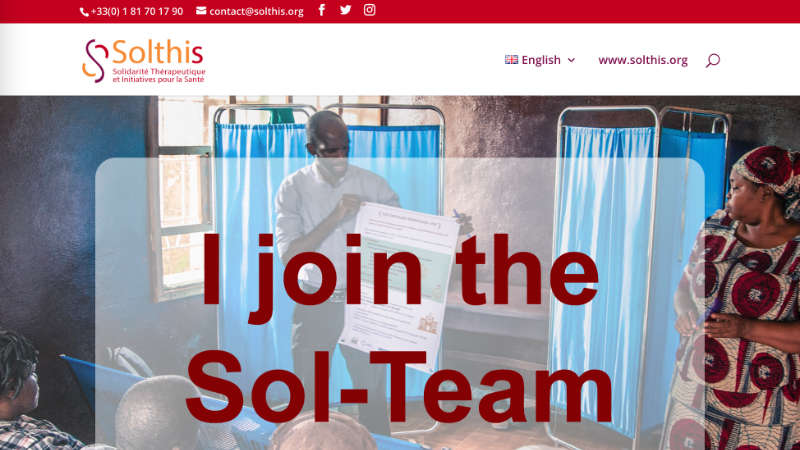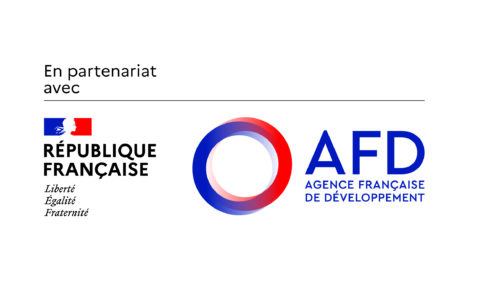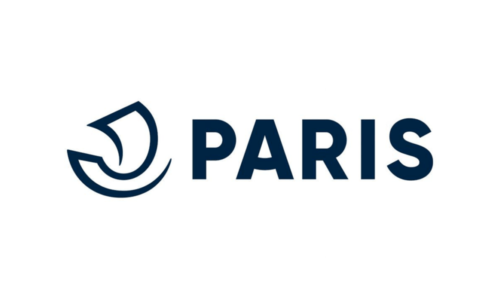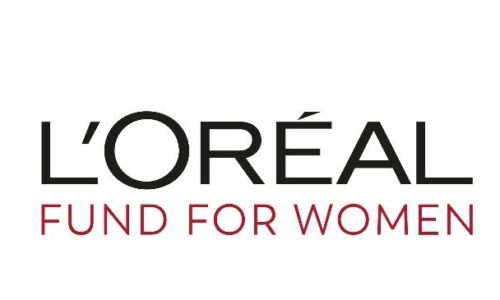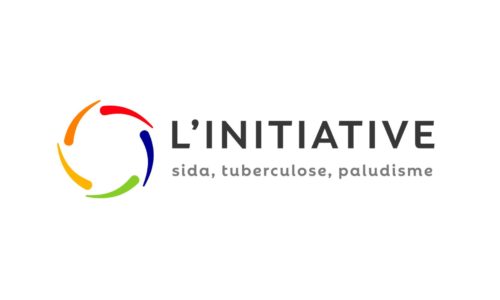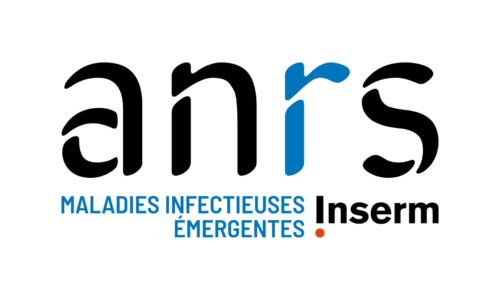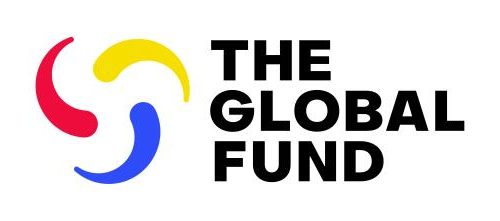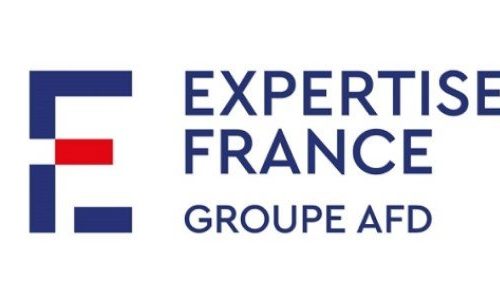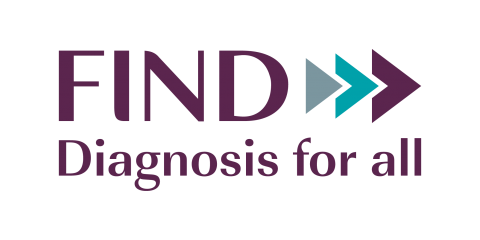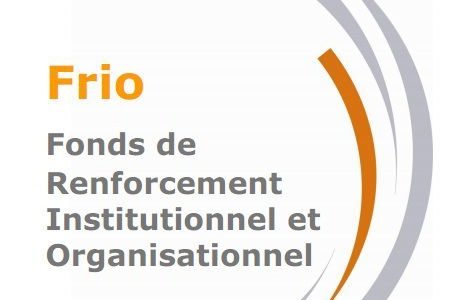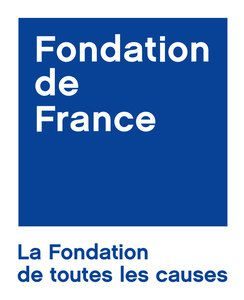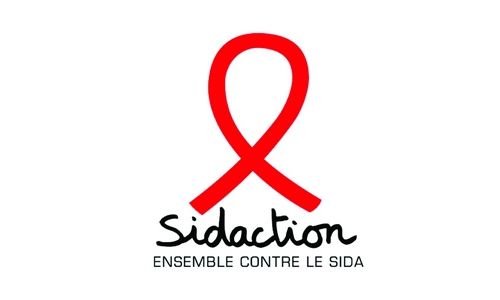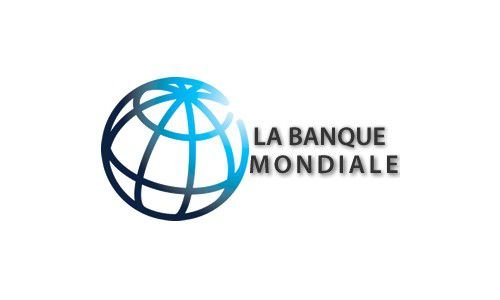How the SANSAS project is improving technical knowledge and skills in SRH
20 January 2023 | Informations | SRHR
SENEGALCAPACITY BUILDINGSTRENGTHENING SYSTEMS AND HEALTH SERVICESPromoting Sexual and Reproductive Health and Rights
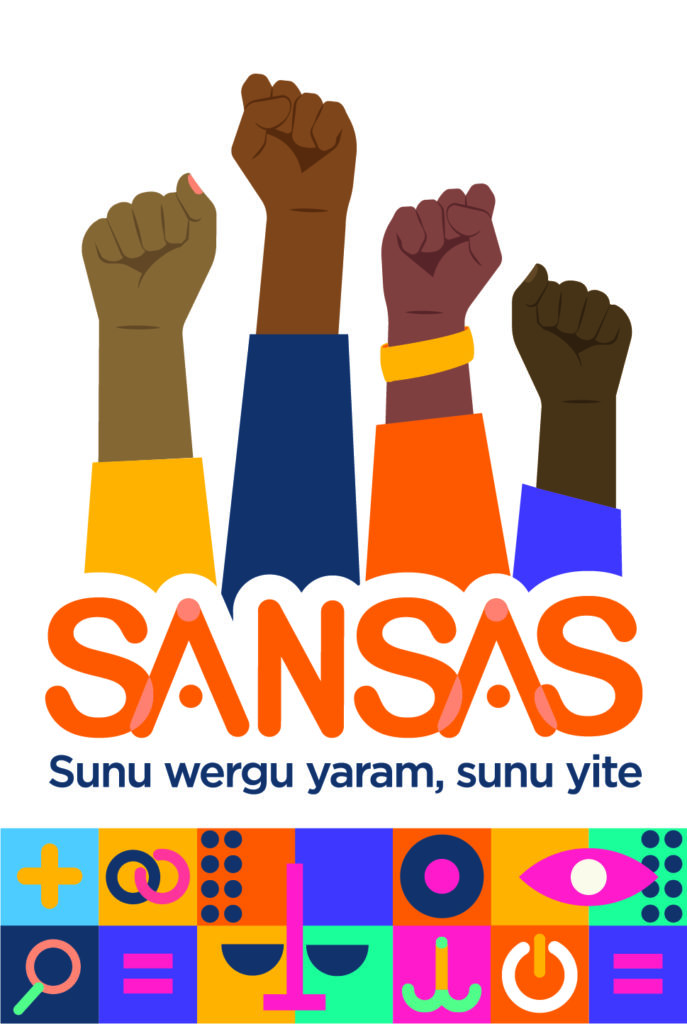
Cathy Laetitia Mancabo has been the midwife of the Diallocounda health post in the department of Bounkiling since November 2021. Located 43 km from the health center of Bounkiling, this post operates for fourteen villages, three of which border Gambia. Solthis, through the SANSAS project, is the only non-governmental organization to intervene in this health service delivery point, which unfortunately does not have any endowment funds from the town hall.
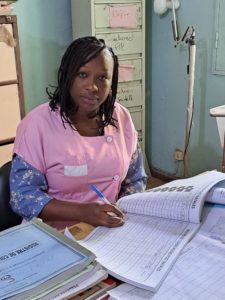 Having participated in the project’s values clarification training sessions in June and December 2022, Laetitia identifies the positive changes it has brought her, especially in managing adolescent sexual and reproductive health issues at her health post.
Having participated in the project’s values clarification training sessions in June and December 2022, Laetitia identifies the positive changes it has brought her, especially in managing adolescent sexual and reproductive health issues at her health post.
“The capacity building on values clarification that I received through the SANSAS project is an important experience in my career,” she explains. “The training not only gave me the knowledge of how to communicate with adolescents about sexual and reproductive health (SRH), but also helped me to sensitize them to freely seek SRH services at the health post. Thanks to this training, I understood that it was imperative to review the hours of consultation for adolescents to allow them to attend the health post without being seen by the population. While discussing with them, I realized that they were embarrassed to come for consultations with me during the opening hours of the center, when some of their parents could see them. So I took the initiative to offer consultations to teenagers from Monday to Friday from 6 to 8 p.m.”
Speaking of the good collaboration between the health post and the project, the midwife emphasizes that “the SANSAS project serves as a liaison between the health post and the health district because the Solthis team brings our pleas and grievances to the health district of Bounkiling.
The area covered by the health post is very large, but its staff has no means of transportation. The only motorcycle available is broken down.
Faced with this situation, the midwife sums up the difficulties that the health post is experiencing by requesting logistical support for greater access to the population.
“We record many home deliveries because of the distance of the villages from the health post,” she says. “For any need to evacuate a person from a village to the health post or center, we call on the health center ambulance from Bounkiling. The ambulance’s travel costs of 7,500 CFA francs and the long waiting period put the lives of patients, especially pregnant women, at risk. As a result, pregnant women from the three villages bordering The Gambia receive their pre- and post-natal consultations in health facilities in this neighboring country. We necessarily need logistical support for better access to the population.
In addition to the training, the midwife also received technical capacity building from the project midwife, including “the insertion of the intrauterine device (IUD), manual intrauterine vacuum aspiration (MVA), as well as the partogram. The IUD, commonly called “IUD”, is a contraceptive device inserted inside the uterus and the MVA consists of post-abortion care. The partogram is a graphic record of the progress of labor and delivery and related maternal and fetal monitoring data.
